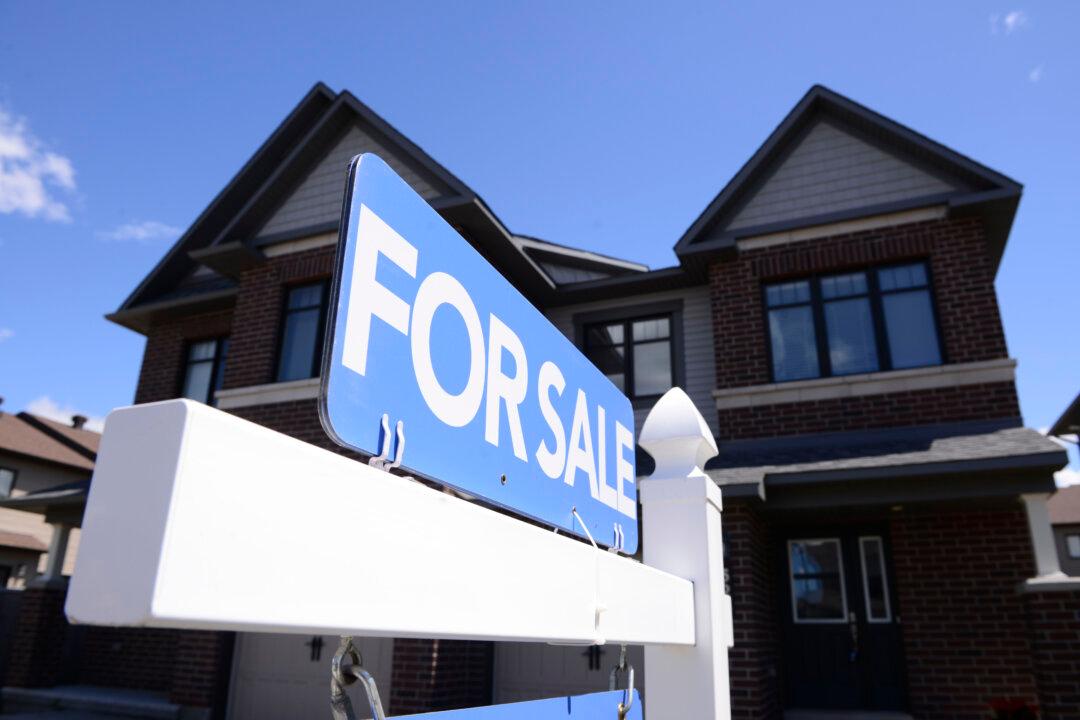As of Jan. 1, 2023, foreign investors will be banned by the Canadian government from purchasing non-recreational residential property.
The federal government announced the full details Wednesday for new regulations that have been finalized as part of the Prohibition on the Purchase of Residential Property by Non-Canadians Act, which was passed on June 23 and will be in place for two years before being automatically repealed.





